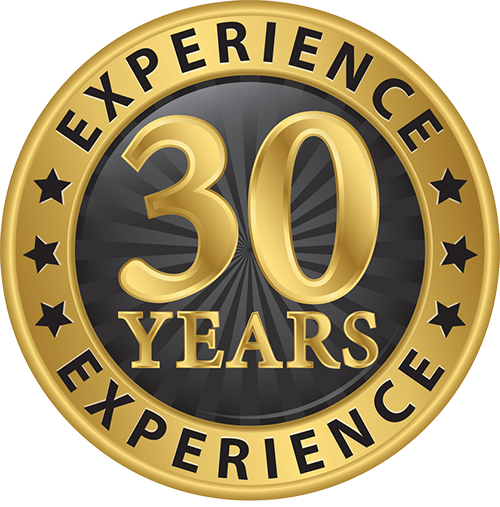How do forklift hydraulics work?
Hydraulics is what puts the ‘lift’ in the word ‘forklift’ and without them, a forklift would essentially turn into just another truck. The fact forklifts are able to lift and manoeuvre heavy loads is what set them aside as the workhorses of factories, shipyards and warehouses all around the world.
Since the invention of hydraulics in the 1700’s and the subsequent developments in the technology over the next 100 years that helped birth modern day hydraulic systems, this method of using liquid and pressure to create large amounts of power has helped move society into the modern world.
How do hydraulic systems work?
In general, hydraulics work using Pascal’s law, which is a principle of fluid mechanics. To put it simply, when incompressible fluid is put into a container with a piston and pressure is added, the pressure is exerted everywhere on the piston, not just the pressure point.
This is an important point, as this means pressure is exerted on a larger surface area, rather than one particular point. This pressure is what enables hydraulics to propel pistons and move weights much greater than the pressure being applied into the container.
Below is a great 15 minute video of Professor Julius Sumner Miller talking about Pascal's Principle and the properties of liquids.
What are the elements of a hydraulic system on a forklift?
There are several critical elements to a forklift's hydraulic system that enable it to work properly. All of them are interconnected, so without one working properly, it’s unlikely that any of the other individual elements will work.
The Tank
This is where hydraulic fluid is stored for use throughout the hydraulic system. This is usually embedded into the forklift frame and is responsible for holding the different types of hydraulic fluids that forklifts use.
The Pump
This works like any other pump in that it’s responsible for moving the liquid (in this case the hydraulic fluid) in a particular direction and maintaining a steady flow to ensure steady and smooth lifting.
The Control Valve
This is what regulates the pump and supplies constant presure to the control valve. The control valve both regulates presure and the control of flow to the lift cylinders, tilt cylinders and hydraulic steering circuit.
The Cylinder
This is where pump and control valve moves hydraulic fluid into to enable pressure to be applied to the pistons, moving the mast and forks up and down.
Relief Valve
An important safety feature of all forklifts, the relief valve allows excess pressure to be reduced which, if left unchecked, can result in burst hoses and leaky connections.
The Return Line
This is what returns the hydraulic fluid back to the tank, making it a circular system.
As you can see, each individual component on a forklift's hydraulic system is just as important as the whole. Without one component working, the entire system doesn’t work which is why it’s essential to have your forklifts regularly serviced and checked to ensure all systems are working properly and insync with each other.
Regular maintenance checks you should be making to the hydraulic system on your forklift
There’s a range of different maintenance checks you should make on a regular basis to the hydraulic system on your forklift. Below is a guide to help you understand when you should have a professional forklift maintenance company like Eureka Forklifts service your vehicle.
- You should replace hydraulic fluid approximately every 4,000 hours
- You should change the hydraulic filter approximately every 2,000 hours
- Regular maintenance checks that should be done before each use
- Check the cylinders for any fluid or air leaks
- Inspect seals for signs of cracking
- Inspect chains and forks for signs of wear or cracks, etc
- Inspect the pump to ensure no premature wear
If you’re experiencing a problem with your forklift's hydraulic system, Eureka Forklifts has onsite forklift servicing available or you’re able to bring it into our workshop located on the north-side of Brisbane in Geebung.
If you would like to talk to us about servicing, repairs or buying or selling a used forklift, please feel free to contact us on (07) 3865 1205 or go to our Contact Us page.

